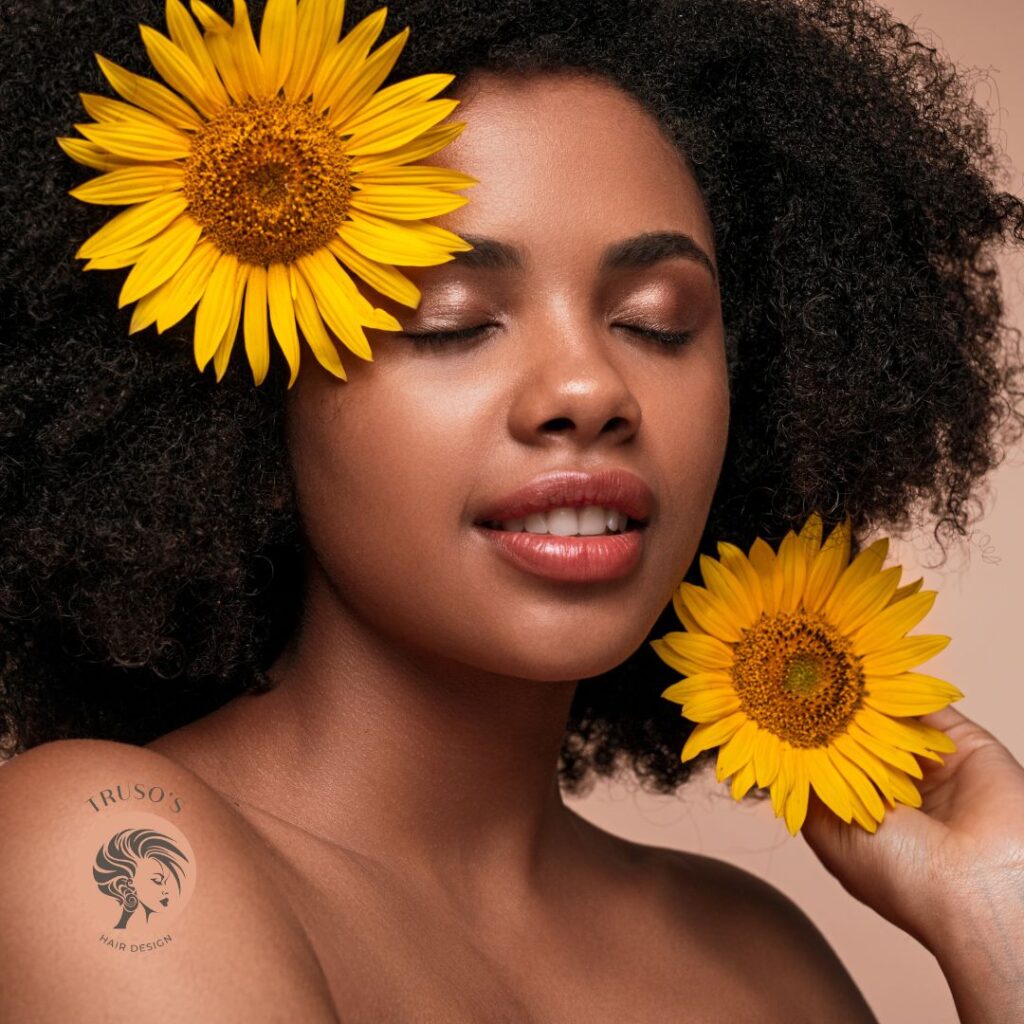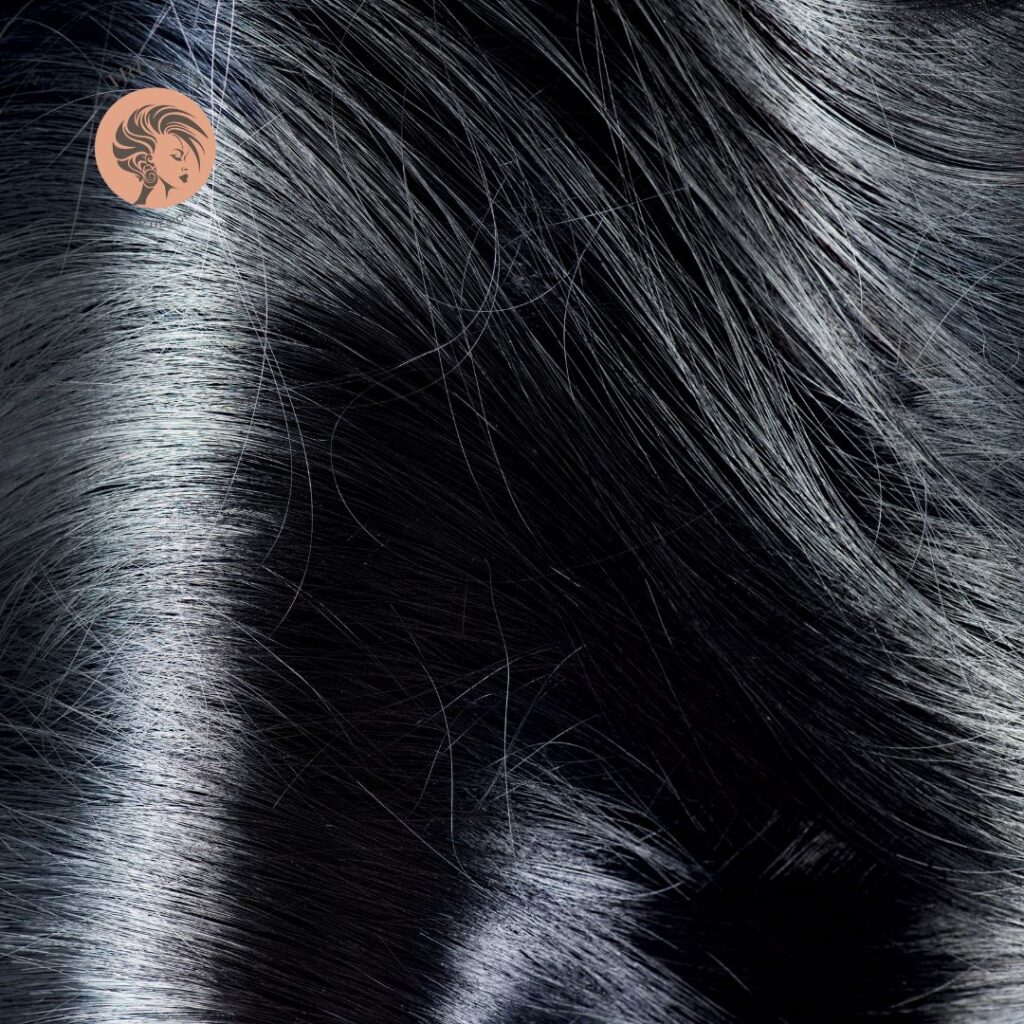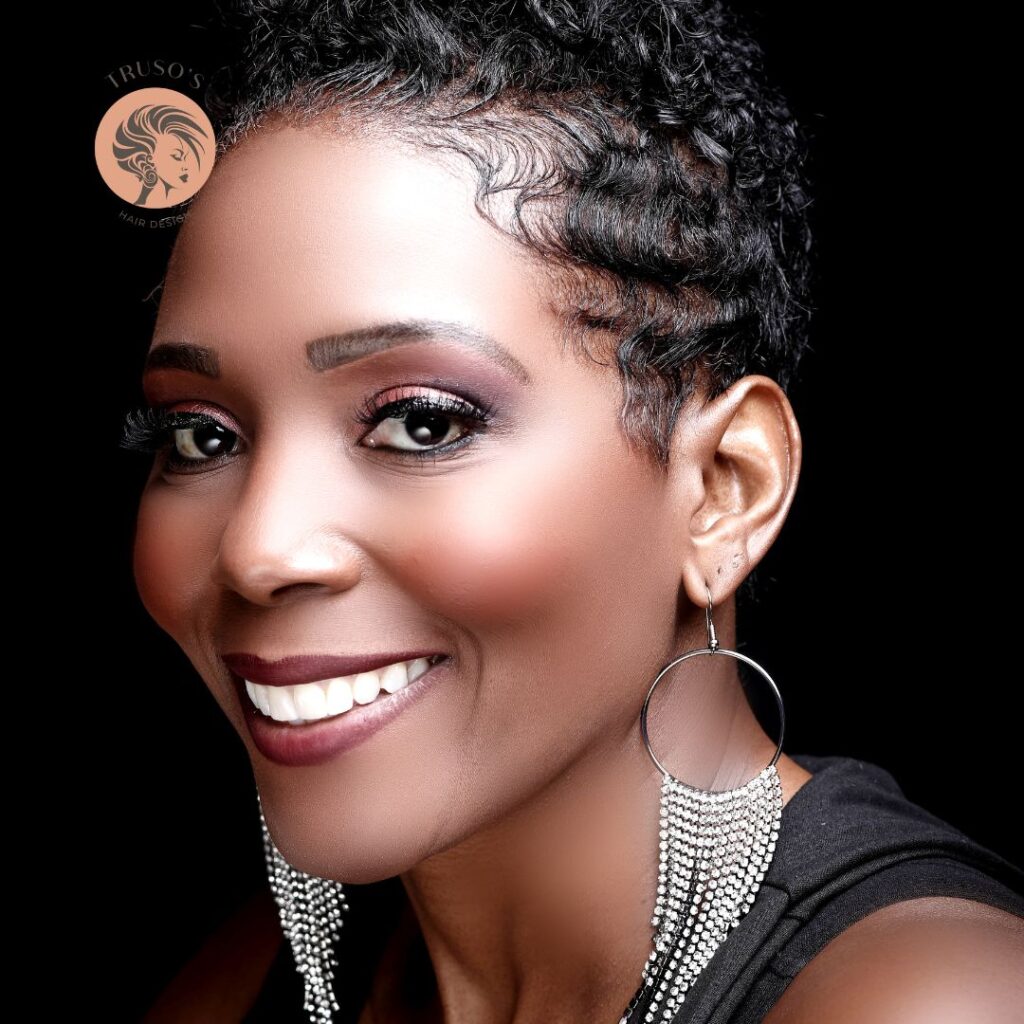How Should Black Hair Feel? Understanding the Black Hair Experience
Black hair is a unique and beautiful aspect of identity for many individuals. It carries cultural significance, personal stories, and a rich history. However, the experience of managing and caring for black hair can vary widely from person to person. In this blog post, we will explore how black hair should feel, what influences its texture and health, and how to embrace the black hair experience.
The Diversity of Black Hair
To understand how black hair should feel, it’s essential to recognize that there is no single type of black hair. The texture can range from tightly coiled curls to looser waves or even straight strands. This diversity is influenced by genetics, environmental factors, and individual care routines.
Types of Black Hair
The most common classification system for hair types is the Andre Walker Hair Typing System, which categorizes hair into four main types:
- Type 1: Straight
- Type 2: Wavy
- Type 3: Curly
- Type 4: Coily/Kinky
Within these categories are subtypes that further define the texture and curl pattern. For example, Type 4a may have a soft curl pattern while Type 4c may be more densely packed with tighter coils. Understanding your specific hair type can help you determine how it should feel when healthy.
What Does Healthy Black Hair Feel Like?
Healthy black hair should feel soft, moisturized, and resilient. Here are some characteristics of healthy black hair:
Softness
When you run your fingers through healthy black hair, it should feel smooth rather than rough or brittle. Softness indicates that the cuticles (the outer layer of the hair) are lying flat and well-hydrated.
Moisture Retention
Black hair tends to be more prone to dryness due to its structure; the natural oils produced by the scalp have a harder time traveling down the twists and turns of each strand. Therefore, healthy black hair should retain moisture effectively. If your hair feels dry or crunchy after washing or styling, it may need more hydration.
Elasticity
Elasticity refers to how well your hair stretches without breaking. Healthy black hair should bounce back when pulled gently; if it snaps easily or feels stiff when manipulated, it could indicate damage or lack of moisture.
Thickness and Volume
While thickness varies from person to person based on genetics, healthy black hair often has a certain level of volume due to its natural curl pattern. If your strands appear limp or lifeless despite proper care routines, you might need to reassess your products or techniques.
Factors Affecting How Black Hair Feels
Several factors can influence how your black hair feels on a daily basis:
Products Used
The products you choose play a significant role in maintaining healthy black hair. Sulfates in shampoos can strip away natural oils; therefore opting for sulfate-free cleansers can help maintain moisture levels. Additionally, using heavy creams or oils without proper cleansing can lead to buildup that makes your strands feel greasy rather than hydrated.
Styling Techniques
Heat styling tools like flat irons and curling wands can damage the cuticle layer if used excessively without protection. Embracing protective styles such as braids or twists not only helps maintain length but also reduces manipulation that could lead to breakage.
Diet and Hydration
A balanced diet rich in vitamins A, C, D, E as well as omega fatty acids contributes significantly to overall health—including that of your locks! Staying hydrated also ensures that both skin and scalp remain nourished.
Embracing Your Black Hair Experience
Understanding how your unique texture should feel is just one part of embracing the broader black hair experience:
Cultural Significance
For many people with African ancestry around the world—black hairstyles serve as symbols of pride connected deeply with heritage! From Afros celebrating natural beauty during civil rights movements—to intricate braiding styles passed down through generations—each style tells its own story!
Community Support
Engaging with communities focused on sharing tips about caring for different textures fosters empowerment! Whether through social media platforms like Instagram/TikTok—or local meetups—finding others who share similar experiences creates bonds over shared struggles & triumphs!
Conclusion
In summary—the way that black hair feels is deeply personal yet universally connected across cultures! By understanding what constitutes healthy textures—and recognizing factors influencing them—you empower yourself within this beautiful journey called “the black-hair experience.” Remember—it’s not just about appearance; it’s about embracing who you are while celebrating every twist & turn along the way!
Visit our blog page for more articles!




